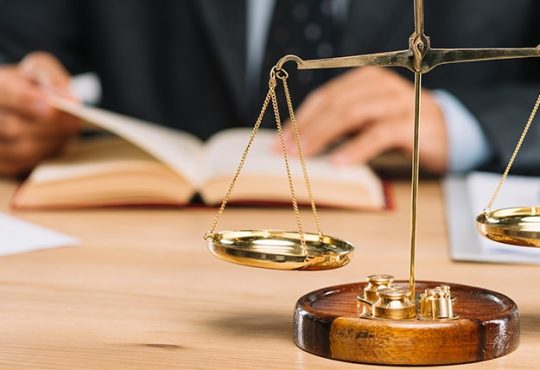
Navigating the murky waters of debt collection in the USA can feel like deciphering an ancient riddle. Worrying whispers of repossessions, wage garnishments, and credit nightmares abound, leaving debtors feeling vulnerable and confused. But before leaping into panic, understanding the legal landscape surrounding debt collection can empower you to protect your rights and navigate this delicate situation with confidence.
Firstly, two primary federal laws reign supreme: The Fair Debt Collection Practices Act (FDCPA) and the Fair Credit Reporting Act (FCRA). The FDCPA acts as your shield, guarding against unfair and abusive practices employed by debt collectors. It prohibits tactics like relentless harassment, threats, false claims, and inconvenient contact times. Remember, debt collectors cannot call you before 8 am or after 9 pm in your time zone, nor can they bombard you with calls at your workplace.
The FCRA, on the other hand, is your credit score’s guardian angel. It ensures accurate and fair reporting of your debts, preventing outdated or inaccurate information from tarnishing your financial reputation. You have the right to dispute any errors in your credit report and, if need be, request its correction.
Beyond these federal pillars, individual states have their own debt collection laws, adding nuanced layers to the legal tapestry. Some states, like California, offer additional debtor protections through their own “mini-FDCPA” laws. Conversely, states like Nevada allow wage garnishment for certain types of debts without a court order. Therefore, understanding your state’s specific laws is crucial.
Now, let’s explore the tools at your disposal when facing debt collection in the USA. First, knowledge is power. Familiarize yourself with the FDCPA and your state’s laws. Resources like the Consumer Financial Protection Bureau (CFPB) and the Federal Trade Commission (FTC) offer invaluable information and guidance.
Second, communication is key. If contacted by a debt collector, remain calm and assert your rights. Request written validation of the debt, including details like the original creditor, amount owed, and collection agency’s license. Document every interaction, keeping detailed records of dates, times, and what was discussed.
Remember, you have the right to dispute the debt’s validity. If you believe the debt is inaccurate or invalid, send a dispute letter directly to the debt collector and credit bureaus. Persistence and meticulous documentation are your allies in challenging questionable claims.
Finally, seeking professional help can be your strongest weapon. Consult a qualified consumer lawyer specializing in debt collection. They can analyze your situation, advocate for your rights, and ensure you’re not being bullied by aggressive collectors.
Debt collection in the USA may seem daunting, but with knowledge, assertiveness, and the right tools, you can navigate it with confidence. Remember, you have rights, and the law is there to protect you. Don’t let debt collectors walk all over you. Take control, utilize your resources, and reclaim your financial dignity.




